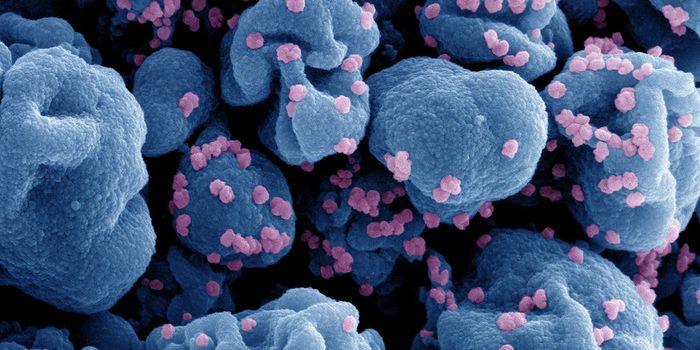Antibodies Neutralize Two Different Hemorrhagic Fever Viruses
Scientists have found evidence for potential antibody-based therapeutics to treat more than one hemorrhagic fever virus at once. From Harvard Medical School, scientists embarked on a new study after observations that individuals who were vaccinated for one viral infection were also protected against infections by a different, but related, virus.
Highly desired is a vaccine that universally targets multiple viruses to prevent initial infection and broad-spectrum antibody therapies to treat existing infections. But a significant obstacle faced by scientists developing broad-spectrum antibody-based therapies is the molecular differences between viruses, even when they’re in the same family.
"Even among viruses that are related and share similarities in the molecular makeup of their receptor bindings sites, you still end up with a substantial degree of variability," explained study senior author Jonathan Abraham.
The new study involved two similar viruses from the Arenaviridae family that both cause hemorrhagic fever, “Junin” and “Machupo.” These two viruses are the most closely related viruses in the Arenaviridae family, which consists of more than 30 viruses - just five of which cause disease in humans in South America. Hemorrhagic fever is characterized by potentially fatal internal bleeding. Viruses in the Arenaviridae family cause severe blood vessel damage and bleeding in multiple organs. Between 15 and 30 percent of people who contract hemorrhagic fever from viruses in this family die.
Researchers used antibodies extracted from the blood of individuals treated with a vaccine to prevent Junin infection, a vaccine that was first developed in the 1980s. They looked at memory B cells, which “remembered” Machupo after being produced in response to the Junin vaccine. There is currently no vaccine to prevent Machupo infection.
They also observed that antibodies made in response to the vaccine against Junin also target and neutralize Machupo. This is thanks to a molecular site contained by both viruses, a protein receptor binding site (RBS).
The findings from this study suggest an antibody-based therapy that could target other viruses similar to Junin and Machupo. Scientists could also develop broad-spectrum antibody-based therapies to target other families of viruses.
"Our findings raise the tantalizing possibility of designing universal therapies using antibodies made to one virus for which there is a vaccine as a way to prevent or treat other viruses for which there are none," Abraham said. "We believe our results are a step in that direction."
The present study was published in the journal Nature Communications.
Sources: Centers for Disease Control and Prevention (CDC), Harvard Medical School










